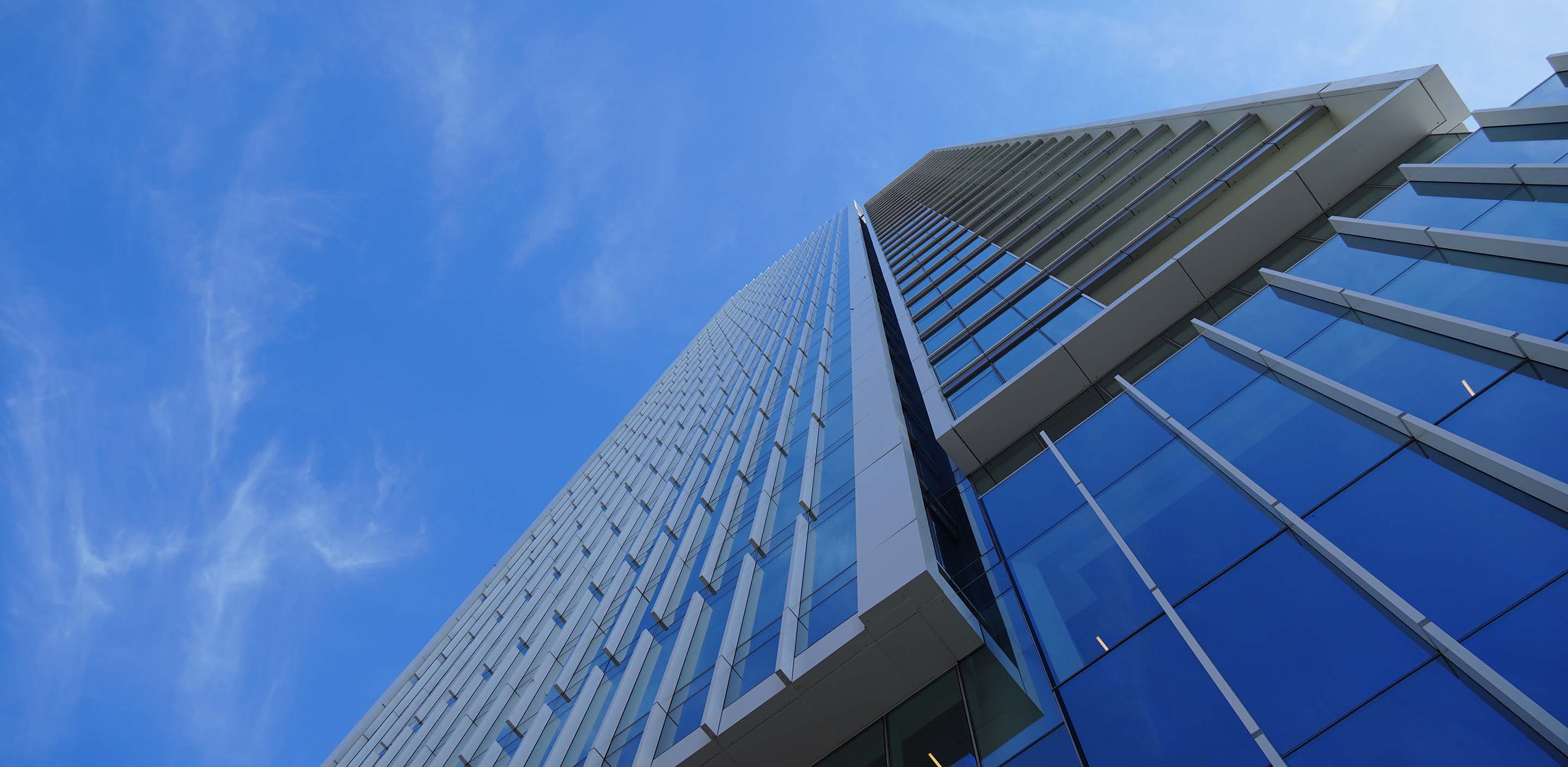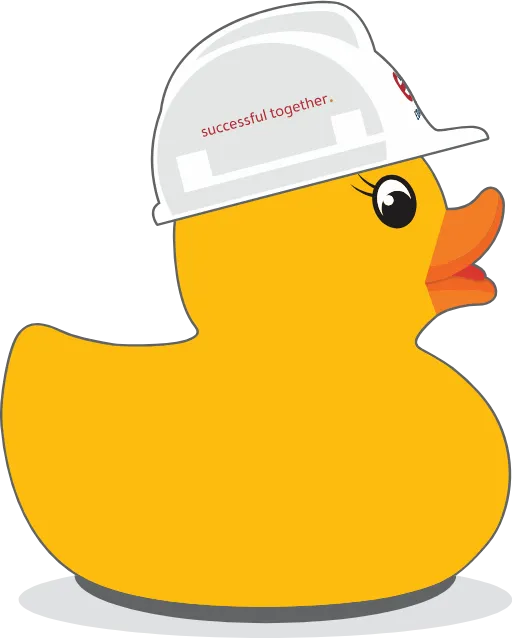Building a Culture of Psychological Safety in the Construction Industry
3.25.2024
EDA Contractors, CEO, Ed DeAngelis discusses the importance of creating a psychologically safe environment in the construction industry.

In the high-stakes world of construction, safety is paramount. Traditionally, our industry has focused almost exclusively on physical safety – ensuring that our workers are protected from the hazards on the job site - however, as we continue to evolve and prioritize the well-being of our teams, it is becoming increasingly clear that psychological safety is just as critical.
Psychological safety refers to an environment where individuals feel safe to express themselves without fear of reprisal or judgment. It's about fostering a culture where every voice is heard, ideas are welcomed, and mistakes are viewed as opportunities for growth rather than reasons for punishment.
In the construction industry, where the pressure to meet deadlines and deliver flawless results can be intense, psychological safety can reduce the intensity of working in an already stressful environment. Ultimately, it directly impacts physical, mental, and emotional safety, creating a comprehensive framework for employee well-being.
Following safety protocols and wearing protective gear are fundamental physical safety measures, which are enhanced when you cultivate an environment where workers feel comfortable speaking up about potential hazards or safety concerns. This open communication can prevent accidents and even save lives on the job site. That is the value of psychological safety.
Similarly, mental health often takes a back seat amidst the inherent stress of construction work – tight deadlines, demanding clients, and the pressure to deliver perfection. Prioritizing psychological safety can positively affect these things. When employees feel psychologically safe, they are more likely to foster trust, camaraderie, and collaboration. This in turn, allows individuals to feel more comfortable when it comes to reaching out for support when they need it.
Psychological safety is a fundamental aspect of creating a safe, healthy, and thriving work environment. Industry leaders have a responsibility to intentionally focus on physical safety, but also on psychological safety to create safer, healthier, and more productive workplaces.
This article was recently featured in the March 2024 ENR Special Section on Safety. Click here to view the publication.

